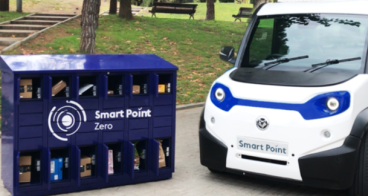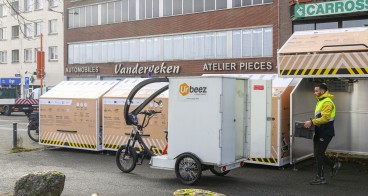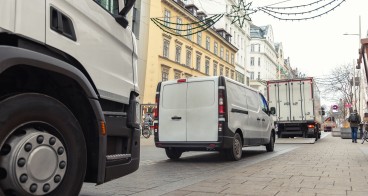Madrid: Piloting a sustainable last-mile delivery system

The Challenge
The rise of e-commerce has dramatically increased the presence of delivery vans in our cities, causing more C02 emissions, noise pollution, and congestion. The issue is particularly prominent in the last-mile, where pollution and noise directly affects citizens' quality of life.
The city of Madrid, like many others, has suffered the negative effects from the increase of deliveries. Through the #ChallengeMyCity programme, the need for a sustainable last-mile delivery system was identified as one of the city's urban mobility challenges. A pan-European call was then opened to find an innovative solution to be piloted for a six-month period.
Following the end of the pilot, the economic, social, and environmental impact has been assessed to determine its potential for long-term integration and allow the city to better understand the mobility challenges it faces and how to solve them.
The Solution
Smart Point's smart locker logistics system allows cities to reduce the negative impact of last-mile deliveries by aggregating deliveries at lockers and using sustainable transport for delivery to the pick-up points.
The smart lockers can be used in combination with any courier and retailer, allowing users to comfortably pick-up any of their parcels. Beyond delivery, Smart Point lockers allow users to order a myriad of goods and services directly from the locker, ranging from dry-cleaning to breakfast.
Through the #ChallengeMyCity programme, Smart Point was selected as the solution to Madrid's last-mile delivery challenge, to be piloted in four semi-public locations for a span of six months.
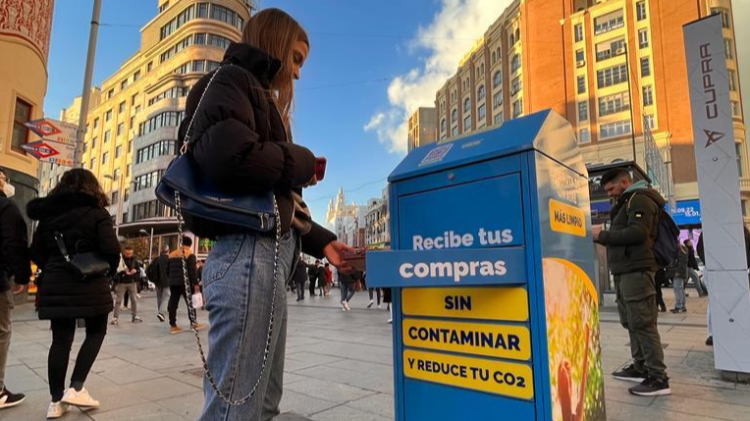
Making an impact
As of February 2023, over four months of implementation, the pilot reported the following impact:
- 818 recurrent users (>1 pick-up) at 7 active Smart Points
- 14% of deliveries done using sustainable vehicles (cargobike/e-vehicle)
- 5-6% increase in revenue for local products and services
- 32% reduction of C02 emissions per delivery
- 26% reduction in C02 emissions compared to a door-to-door last-mile delivery system
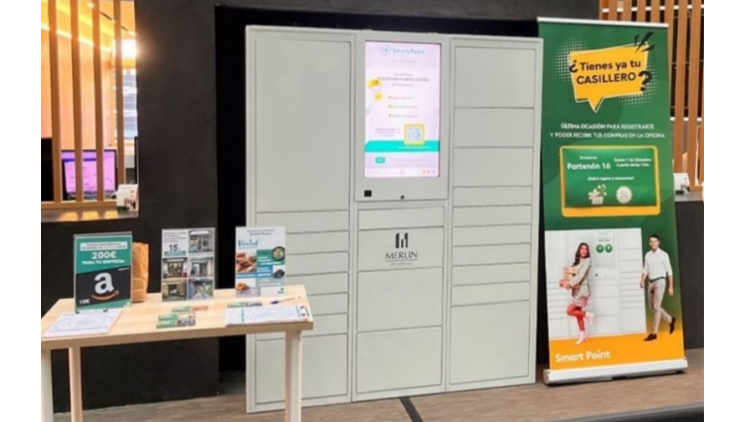
Lessons learnt
Following the success of the pilot during its first three months, the City of Madrid expanded its scope to six additional locations in privileged central streets, for a total of ten pick-up points.
For the first time, citizens of central Madrid are now able to get their parcels delivered through a sustainable alternative.






